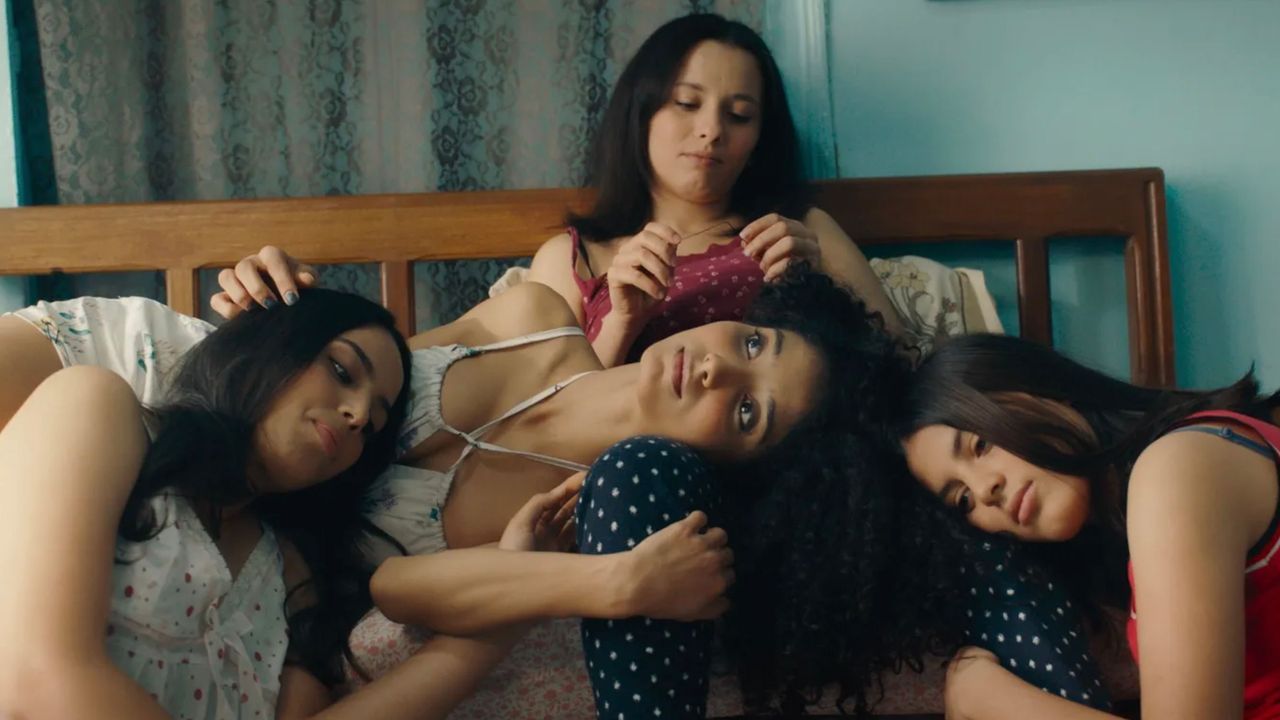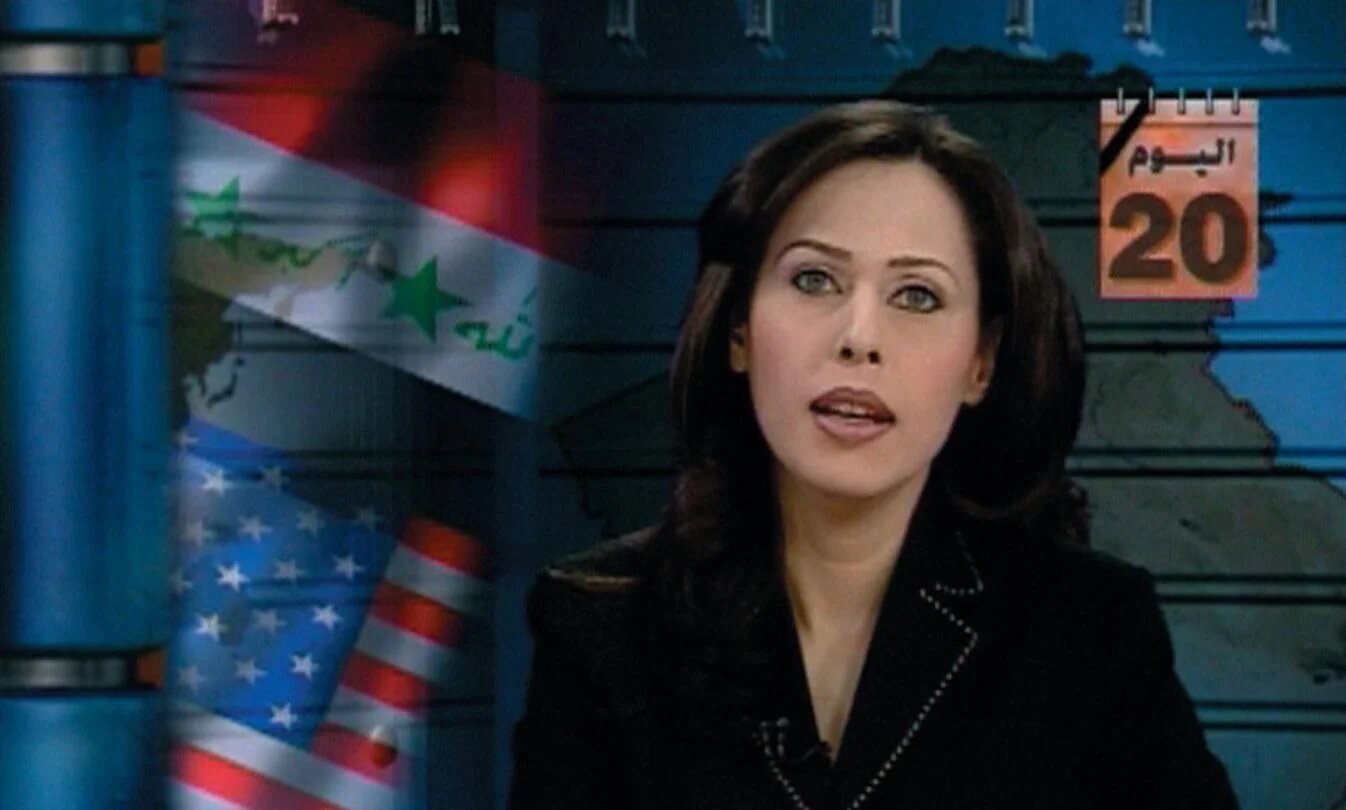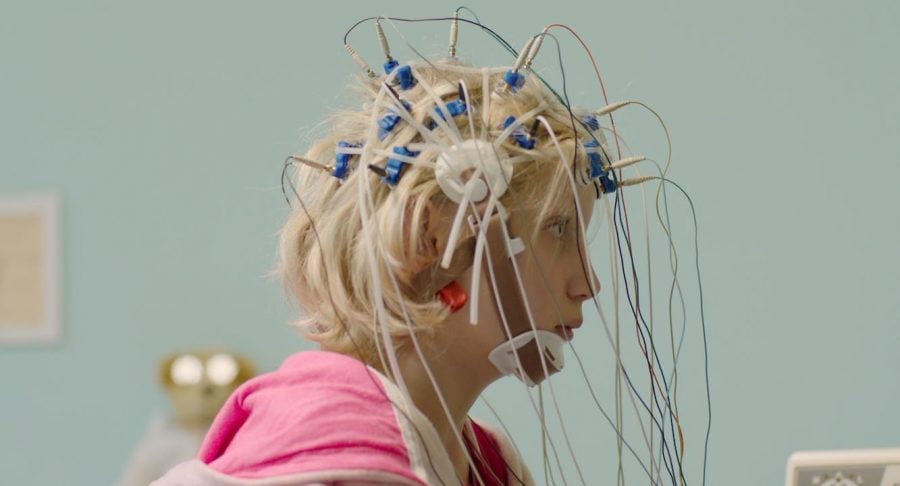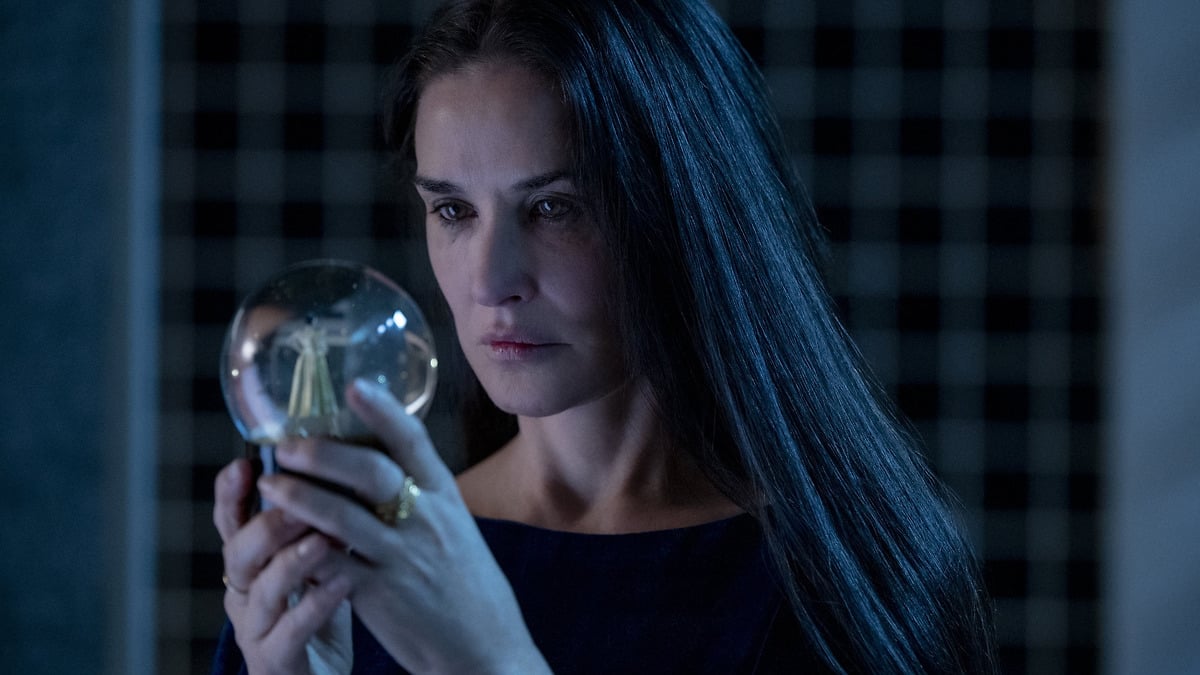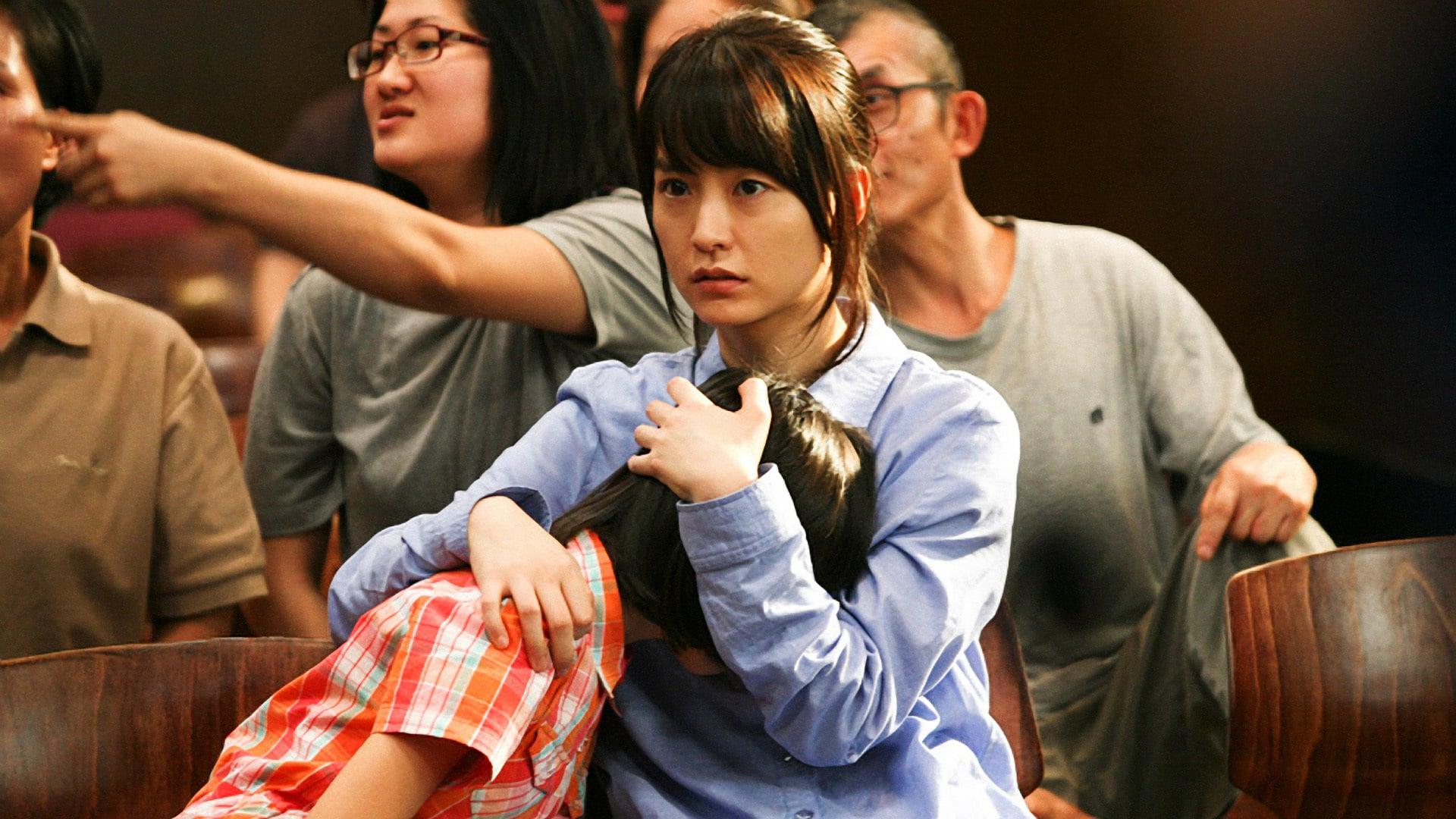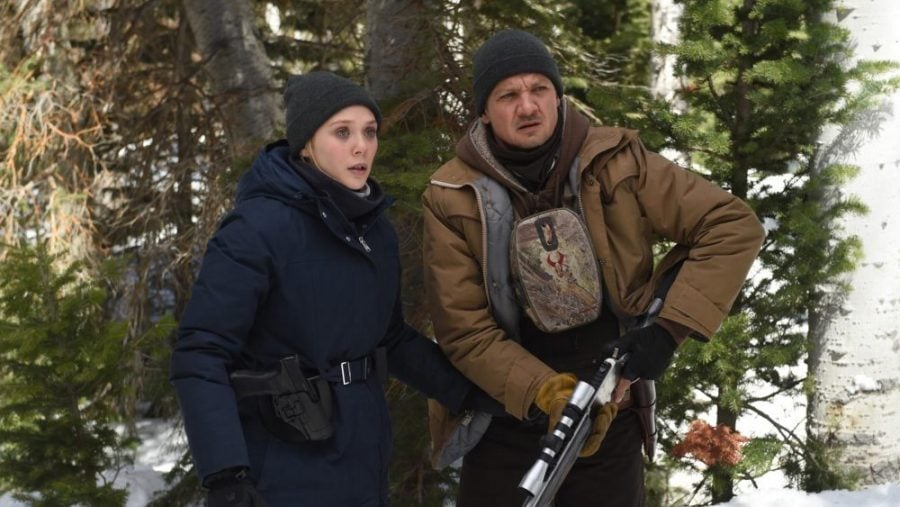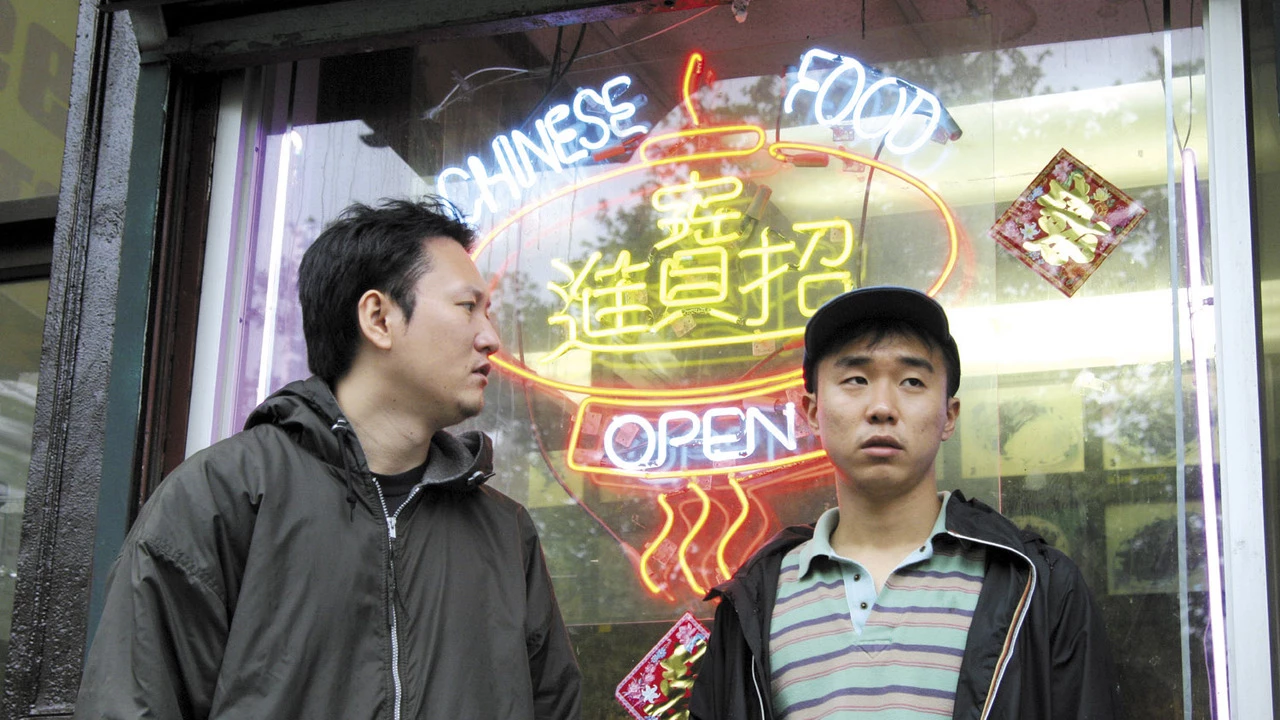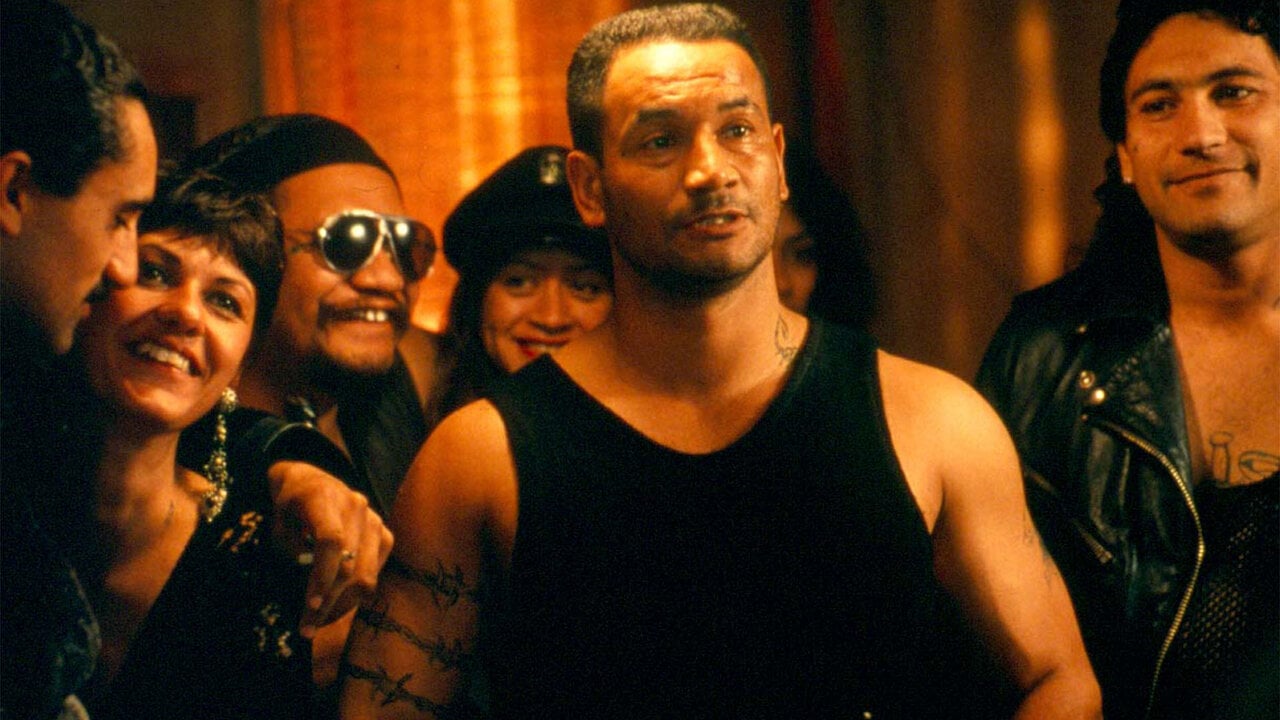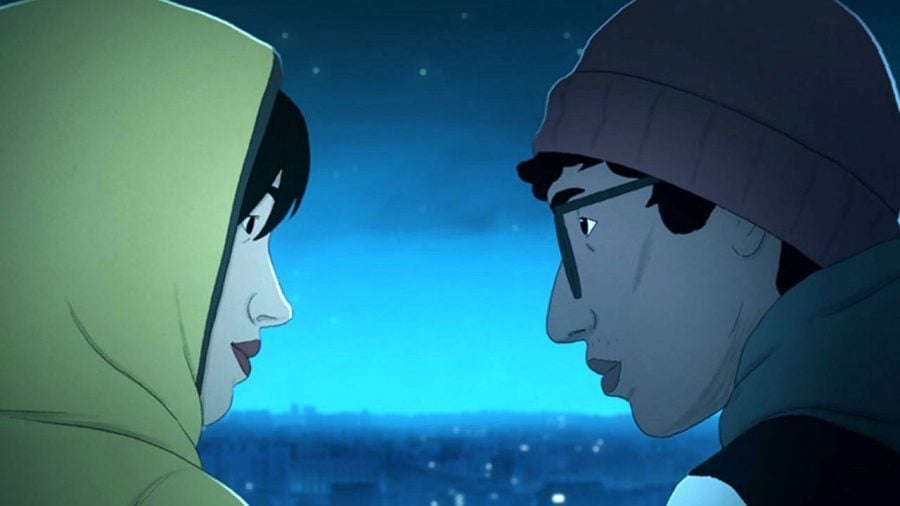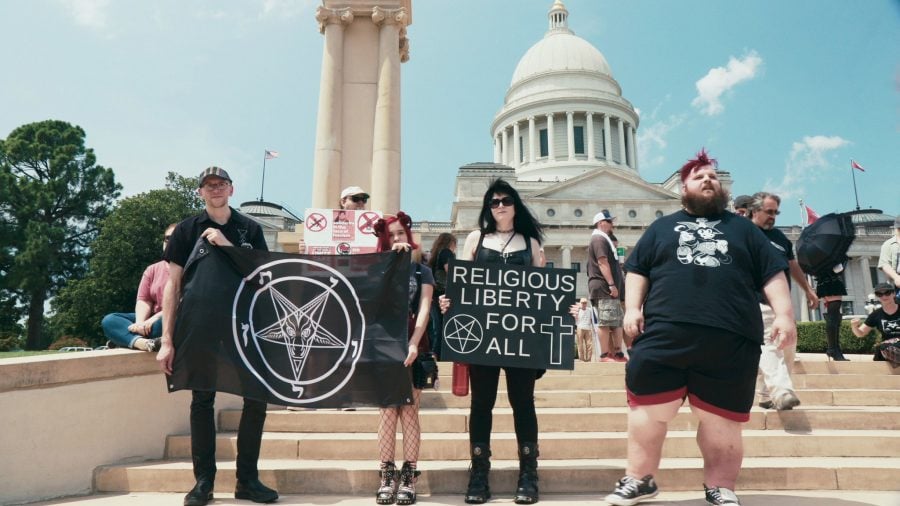Sabaya (2021)

7.0
A group volunteers to brave through gruelling rescues in this urgent, if slightly meandering, documentary
Movie
Sweden
Arabic, Kurdish
Documentary
2021
HOGIR HIRORI
Mahmoud Resho, Shadi, Shejk Ziyad
90 min
TLDR
Hoping for the success of the volunteers in Al-Hawl in their mission.
What it's about
In Syria’s Al-Hawl, the most dangerous refugee camp in the Middle East, a brave group of volunteers risk their lives trying to save Yazidi women held hostage by ISIS as abducted sex slaves.
The take
When it comes to depicting human rights violations, sometimes it’s more important to depict them as fast as you can, than it is to add some cinematic flair to the documentary, because people’s lives are at stake. Perhaps that’s why Sabaya feels as meandering as it does. It’s a dangerous story to tell. The filming itself is risky, but leaving too much information after editing can risk the next efforts of the rescuers– so it’s probably the reason why more of the mundane efforts are included, and some of the shots are shadowy, pointed to protect the people’s faces. Sabaya won’t be the most exciting way to depict its issue, but it achieves what it sets out to do: which is to remind the world of the suffering, as well as the volunteer efforts, still happening in the refugee camp.
What stands out
The documentary is a bit repetitive– the team goes into the camp to rescue the girls, then return to the base for them to recover, and they have to do it all over again and again and again. It drives home how much work there still needs to be done.
Comments
Your name
Your comment
Your comment
UP NEXT
UP NEXT
UP NEXT
Curated by humans, not algorithms.

© 2025 agoodmovietowatch, all rights reserved.




